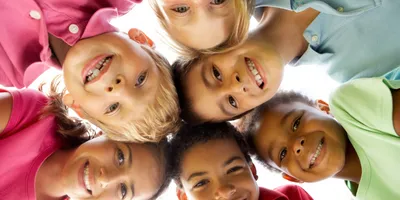

Future Generations
In recent history, many nations have recognized the global disenfranchisement of women and girls. All over the world, governments and citizens have joined together to establish initiatives ensuring that girls and women receive necessary support and enjoy equal opportunities in education, economics and the workplace, government & politics and in global discourse.
However, as the years have gone by, other groups are now experiencing significantly disparate outcomes and decreased opportunities: people experiencing homelessness, BIPOC communities, those living with poverty and economic insecurity, people with disabilities, the LGBTQ+ population and boys and men.
While this work for girls and women has been necessary and vital, the drive to advance women has often had an unfortunate side effect: the discounting and exclusion of other populations, leading to their disadvantage in many of the same areas previously off-limits to women. In effect, we’ve improved the lives of girls and women only to damage the opportunities of others – but this does not need to be the case. Mutual advancement and true equity are possible, if we only focus our efforts on equitable outcomes instead of solely on increasing female inputs.
Mental Health Risk
Mental health problems, as reflected by the rising rate of suicide among our youth, are increasing. The rate of attempted suicide is higher among girls; however, the rate of successful suicide is higher among boys. The impacts of mental health problems, such as early drug use and other risky behaviors, often manifest themselves differently in different populations. While bullying is categorically on the rise, the type of bullying varies by sex and gender.
Educational Achievement
Academic achievement has been declining among certain gender groups – particularly boys – at an accelerating rate. The academic achievement of girls, on the other hand, has been advancing in both relative and absolute terms. Today, young men are less likely to attend and graduate from college than they were a generation ago. Male dropouts, as well as LGBTQ+ dropout rates, are shocking.
The Time is Now
To achieve equity, we must look past outdated gender ideologies and recognize that we are responsible for the well-being of ALL children. We all lose if our efforts and policies pit one gender against – or benefit one over – another. Just as we have provided detailed and extensive attention to the problems and needs of girls, it is essential that we give attention to the problems and needs of other groups. When we do this fairly, we see the many problems and unmet needs among other gender groups that need attention.